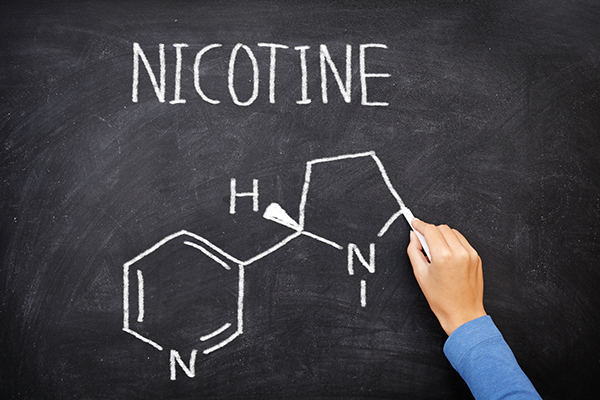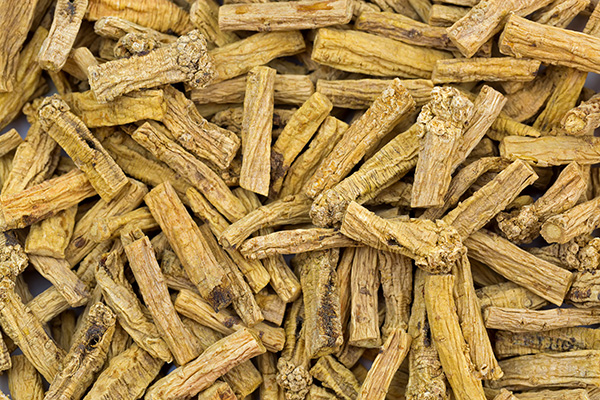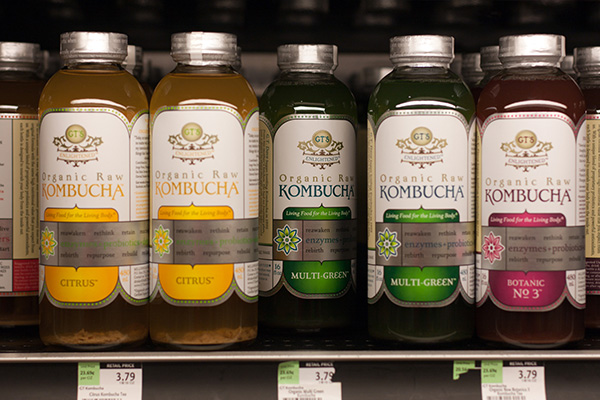Does Tea Have Nicotine?
Tea is a widely consumed beverage enjoyed by people around the world. It comes in a variety of flavors and types, making it a popular choice for many.
Recently, a question has been circulating: does tea contain nicotine?
The answer is yes, tea does contain nicotine, albeit in very small quantities. However, the presence of nicotine in tea is not a cause for concern for most tea drinkers, as the levels are significantly lower than those found in tobacco products.

Which Teas Contain Nicotine?
Nicotine is present in varying levels across different types of tea. It is important to note that tea’s nicotine is relatively low, and not all teas have the same nicotine content. Some teas, such as black tea, green tea, and oolong tea, have been found to contain trace amounts of nicotine. These teas are made from the leaves of the Camellia sinensis plant, which is known to absorb nicotine from the soil it is grown in. The nicotine content in these teas may vary depending on factors such as the growing conditions, processing, and age of the tea leaves.
How Much Nicotine Is in Tea?
The amount of nicotine in tea is quite low compared to tobacco products. Studies have found that black, green, and oolong teas may contain up to 0.7 mcg (micrograms) of nicotine per 1 gram of dry weight (1, 2). To put it in perspective, 0.7 mcg equals 0.000007 grams.
To translate into cups, we normally use 2 grams of dried tea leaves per 8-ounce cup. This way, a cup of black, green, and oolong tea may contain around 0.014 milligrams of nicotine. At the same time, a cigarette typically contains 10-12 milligrams (a thousand times more).
Does Nicotine From Tea Absorb?
The nicotine present in tea can indeed be absorbed by the body. However, the absorption of nicotine from tea is significantly lower than that from smoking tobacco. The low levels of nicotine in tea, coupled with the fact that it is consumed orally, result in a slower rate of absorption and a lower overall bioavailability of nicotine. Consequently, the effects of nicotine from tea consumption are minimal and should not be a cause for concern for most tea drinkers.
Does Smoking Tea Give Nicotine?
While it is not a common practice, some individuals may choose to smoke tea leaves in search of a nicotine source. However, smoking tea is not an effective method of obtaining nicotine, as the amount of nicotine in tea leaves is minuscule compared to tobacco products.
Additionally, smoking tea leaves can produce harmful substances, such as tar and carbon monoxide, which can pose health risks.
Is the Nicotine in Tea Addictive?
Given the low levels of nicotine in tea and the reduced absorption rate, it is highly unlikely that the nicotine in tea would lead to addiction. The amounts of nicotine in tea are not sufficient to produce the stimulating and addictive effects commonly associated with tobacco products. Furthermore, tea consumption is not typically associated with the same negative health consequences as tobacco use.
Conclusion
In conclusion, tea does contain nicotine, but the levels are much lower than those found in tobacco products. The nicotine content varies among different types of teas, with black, green, and oolong teas containing trace amounts, while herbal teas generally have little to no nicotine. The absorption of nicotine from tea is significantly lower than from smoking tobacco, and the amounts present in tea are not likely to cause addiction.
For most tea drinkers, the presence of nicotine in tea should not be a cause for concern. The soothing and potential health benefits of tea consumption far outweigh the minimal risk posed by the low levels of nicotine.
So, enjoy your cup of tea without worry, knowing that the nicotine content is unlikely to significantly impact your health or well-being.






